Pre-Putin Russia
To more completely understand Putin’s achievements, you have to look at pre-Putin Russia and the problems that Putin inherited from Yeltsin and his clique —and also those created by the machinations of the West through agencies like the CIA.
When the USSR fell apart, the social contract went up in a puff of smoke.
Devolution was not only Soviet republics like Ukraine and Georgia and others leaving the Soviet Union, devolution occurred internally, with power shifting to those individuals lucky enough to be in the right place at the right time—with an excess of greed. Some republics, such as the Ukraine, whose industry was integrated with that of Russia, broke away influenced by the US, the UK, George Soros and others who had supported rightwing separatist forces since 1945.
In other words, the collapse of the Soviet Union was an inverted revolution – not just political— but cultural and societal— driven by anarchy and chaos and malevolent external agency.
Revolution and oligarchy
Most revolutions are configured by ideology or at least have defined goals, as with the American Revolution. This one did not. It was a void. The previous system was gone- but there was no consensus as to what should come next.
In Russia, this led to the rise of the eponymous “oligarchs’, for the most part once nomenklatura in the old Soviet Union, administrators in key positions. The system may have broken down — but some of its worst aspects remained.
These people took control of economic resources and assets for their own benefit —in some cases assuming political control of entire regions, becoming enormously wealthy and powerful from what amounted to 20th Century fiefdoms.
Ordinary people suffered, although there were still remnants of a social net as Dmitry Orlov has said. There was housing and food.
Just no hope.
Colonization
Of course, the US and the West saw opportunity here. “Divide and conquer. “
Many colonial regimes such as the British Empire made use of this device, which ended the development of India in the 18th Century, once thriving commercially. .
In the case of the Russia, as the successor to the USSR, it was already divided.
]As the British did with India in the 18th and 19th Century, the West sought to suborn the new local rulers and potentates, the oligarchs, including the prime oligarch, Boris Yeltsin. The ultimate aim was Balkanization on a grand scale, perversely sold as “decolonization”
The average Russian person ? There would be few “Russians” left. Only ethnicities.
But the Western media were persuasive presenting the American Dream of middle-class life—to win over support for their ongoing conquest.
Different images, of course, not quite as close to reality as the one above.
If Yeltsin’s policies had continued, the Russian Federation would have died, leaving e local oligarchs and elites to rule neo feudal, neoliberal territories with the connivance of Western corporations.
A political black hole loomed sucking everything into it.
Yeltsin’s Big Mistake
Then, Yeltsin made his biggest mistake—the biggest of the many he made — Vladimir Putin.
Perhaps after a few vodkas,too many, Boris assumed that Putin, the introverted kid from a working-class family, who had become a faithful KGB man, was malleable and would do what he was told.
He was wrong. Putin had indeed been born poor, been bullied as a kid, and performed dutifully in government service --but was also a gifted outlier — unimaginably different, in ways that few people even today understand.
As a kid, Putin had always dreamed of being a hero. He loved his country. He didn’t become President for power or wealth — but to serve.
One was must also remember that of all of the USSR’s institutions, the KGB had the most integrity and patriotic values, at least among the rank and file, although its political leadership has been accused of corruption.
There is no such thing as a former KGB man. Vladimir Putin
Yeltsin had been the number one oligarch. Now, suddenly Putin had that power. In post-USSR Russia, the rule of the oligarchs meant there were few restraints— and Putin took advantage of that to make changes.
Putin’s aim was not to elevate himself above others—but to bring back the Russia that he loved. Not the USSR. But the Russian soul.
He set about reining in the Oligarchs.
But first he had to resolve the Chechen Civil War which initially started with help from the CIA. The terrorist attacks could not be ignored.
So it was that Moscow took full control of the prosecution of the Second Chechen War in 1999 war, along with Chechen allies,
In May 2000, the war was still unresolved. Bt the following month, Putin made Akhmad Kadyrov head of the Chechen government. Russian troops continued to die, alarming the Russian public but there was gradual progress.
In March 2003 conditions were stable enough to pass a referendum creating a new Chechen constitution, which established a mostly autonomous republic under Moscow’s control. Kadyrov has remained President of Chechnya since then, although low level CIA funded and organized activities continue until this day .
The Chechens went from being a threat to becoming a valuable asset in the liberation of Russian Ukraine.
Putin’s successful management of the Chechen crisis endowed him with authority and he used that, along with the exigency of the war itself, to purge the Oligarchy.
The Russian art of the deal
He offered the Oligarchs a “deal”. They could keep power and position – as long as: a._ they were competent
b.) obeyed the law
c.) acted in the public interest
d.) supported new national policies.
If they did not comply, they were gone: assets confiscated, prison awaiting.
There was the carrot and the stick. It was the same old carrot —money—but a very big stick. Some went to prison. Some fled to the West. Some stayed and got richer.
As a result, Putin was able to reverse privatization— with 60 to 70% of critical industries and resources previously owned by the State again under state control
This was the kind of “managed” capitalism we see in China. Profit is OK –to a degree. Greed, however is not.
Call it what you like - the legacy of socialism or the bastard child of communism— but this hybrid free enterprise system works —and is remarkably similar to what Adam Smith wrote about in the Wealth of Nations, as I explained in one of my “special articles”.
Western critics saw heresy if not apostasy and called it “Stalinism”. Later they they would label it “Putinism”.
For Putin it was principle – but he was pragmatic. The KGB hjd taught him to be careful, which in diplomacy translates to realpolitik. In 2000, the US and NATO were still forces to be reckoned with— as was the Western financial empire.
The Public
Another issue was the Russian public. The anarchy following the collapse of the USSR had brought with it rampant corruption, crime, apathy, interethnic distrust, deterioration of the legal system, and abuse of regional administrations. Needless to say, the Russians distrusted governments and especially politicians.
…no consideration was given to the need for retaining the nation’s research and development potential and no consideration was given to the need for retaining the nation’s research and development potential and advanced technologies, creating ‘points of growth’ in the economy, and promoting integration within the post-Soviet space. The authorities dealt exclusively with state property redistribution. That was a period when the majority of the people were struggling for their survival, and the strong and serious independent actors appeared on the political stage.
It was a time when many of Russia’s constituent republics and regions had turned into semi-independent, neo-feudal entities. In Moscow, there emerged new financial groups which coined money at the expense of the national budget, and laid their hands on the most profitable sectors of the economy which produced and exported raw materials.
The sweeping property redistribution, together with the formation of new segments in the bureaucratic and business structures with a view to supporting the existing regime, was accomplished through the absolute decentralization of the government authorities. These officials failed to formulate common national interests and goals, and to mobilize the necessary resources for achieving them. It was during this period that corrupt government officials merged with the rising Russian businesses; the business leaders sought to resolve their problems.
Public trust had to be earned gradually, with actual achievements.
Even if he had wanted to, which is unlikely, Putin could not dismantle the capitalist system that had grown from the rubble of the Soviet Union but he needed to control it and force it to adapt to Russian needs, harnessing the profit motive and entrepreneurship and managing then just as Deng Xiaoping sought to do in the aftermath of the Cultural Revolution. Russia capitalism has continued to evolve of course and now is very clearly analogous to China’s “state capitalism”.
Nor could Putin confront the West directly. As in Judo, it is best to let your opponent come to you. Which it did.
As you have seen in my other post, by 2013, Putin had made amazing progres.
At that time, Western critics pooh-poohed Russian progress as fake statistics, reminiscent of the USSR, a fallback tactic still used, For the West, Russia is as Russia used to be. They still insist Russia is failing.
Putin doesn’t care.
I am the wealthiest man, not just in Europe, but in the whole world. I collect emotions.
Vladimir Putin
Principles are not in the head, they are in the heart.
This article is based on my current draft of the much, much longer Special Article on Putin. As you can guess this new special essay covers a lot of territory, preparing the way for the article after on Xi Jinping.
My apologies for being a little obsessive about research and rewriting. In the meantime please show your support by buying coffee and referring others to this site. Posting urls to my articles on social media and in alt media blogs also helps a lot.
Click here to buy me and Chappy and Ichi writing and get on the mailing list!
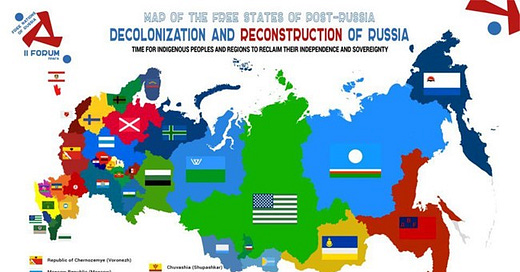



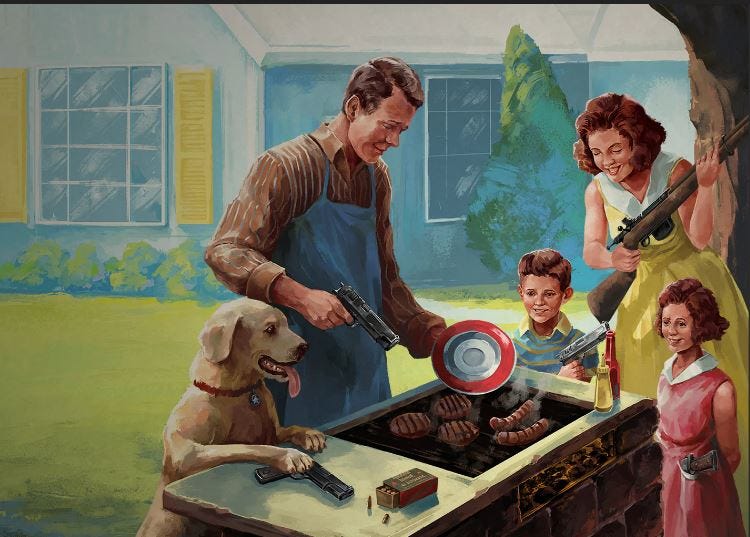

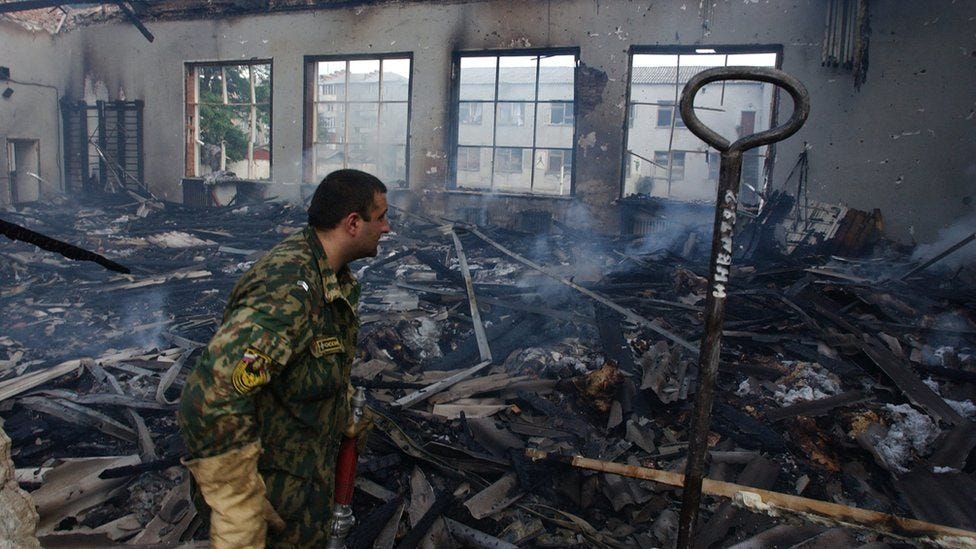
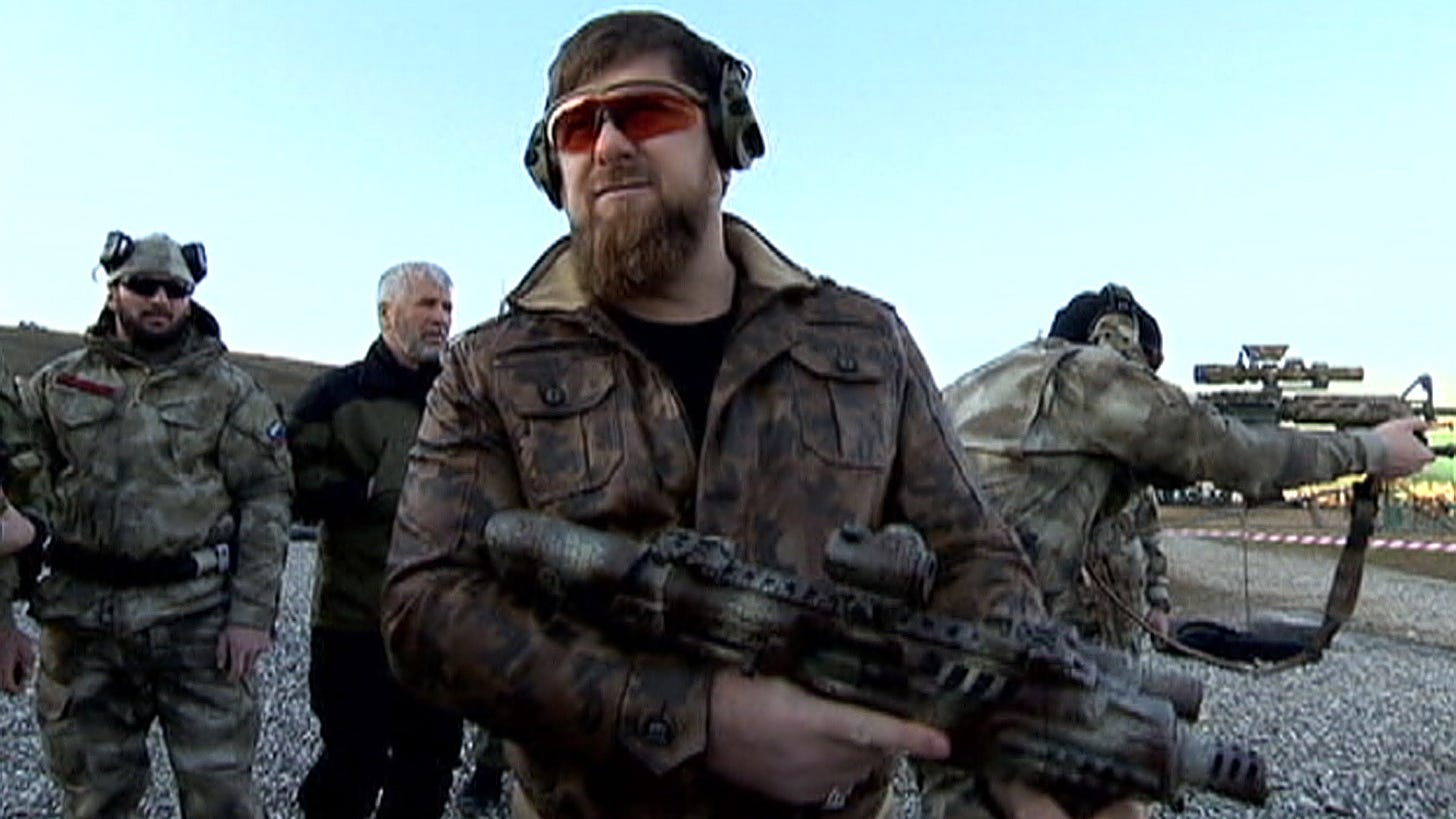
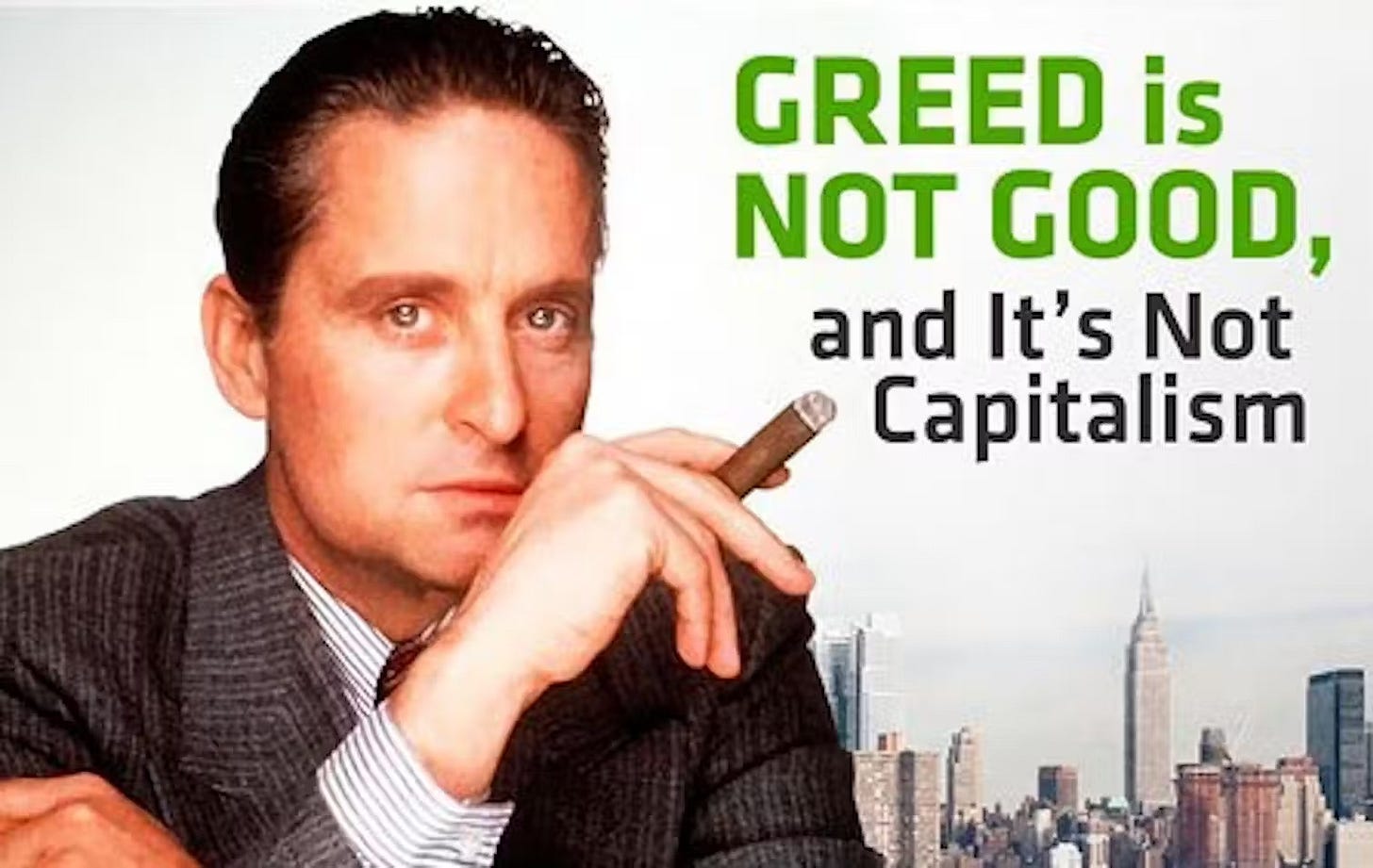

Thank you. Recommended reading for everybody who wants to understand why Putin is so hated by the elite in the West, and so loved by the Russian people.
Julian described a very dangerous man, the greatest danger to traitorous Western politicians, those whom the oligarchs, the real masters of the financial world, place at their pleasure, without elections, at the head of the European Union or even the leadership of Great Britain! This man does everything for his country, isn't it disgusting, instead of lining his own pockets? The most dangerous man in the world is the one who cannot be bought, the Russians are very lucky because a patriot was placed on the throne of Peter the Great !